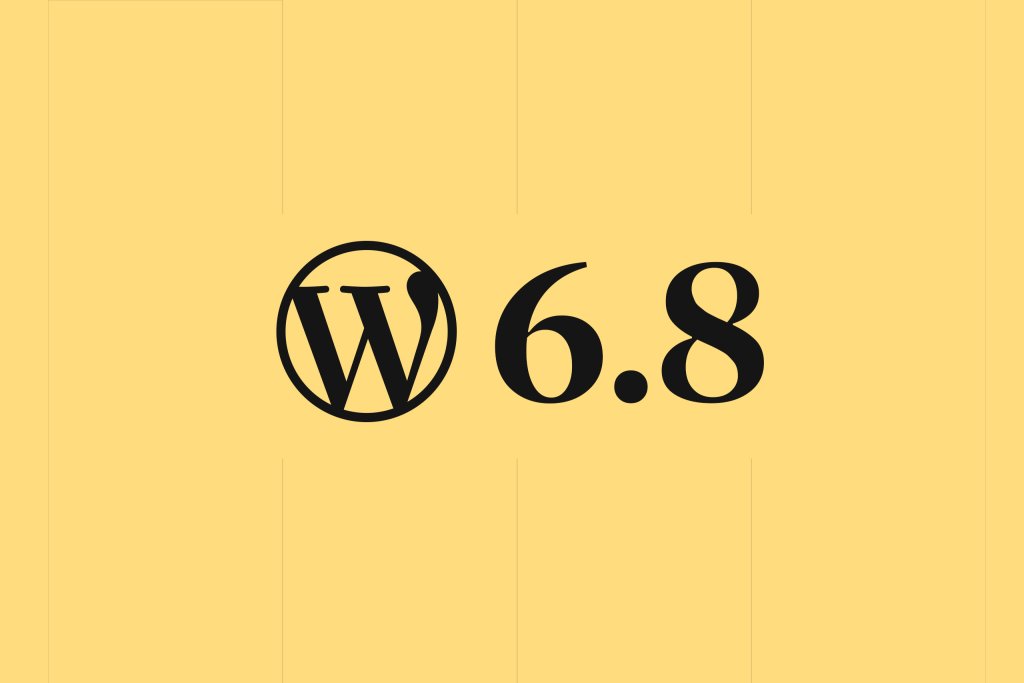WordPress SEO tips & advice: The importance of answering the question
We know how great WordPress is for SEO, and we’ve helped many of our clients navigate the opportunities and pitfalls for a long term SEO strategy.
To share this wisdom with the wider internet, we’ve teamed up with Metric Hub to put together some essential tips and advice for Search Engine Optimisation that’s particularly good for WordPress sites in 2020 and beyond…
The first question is what is great SEO?
SEO is all encompassing, and there are many opinions, but to us it’s about answering the question the user is asking? Search fundamentally is a fulfilment of answers and nobody has understood this better than Google over the years. This goes to the heart of modern SEO with speed and relevance at its core.
To better understand the questions, it is advisable to complete a range of keyword research to get an understanding of the questions someone might be looking for.
A simple but effective way, is to complete a range of searches to better understand the questions that Google is asking.
Taking the search term ‘Somerset Website Design’ as an example, this feeds into questions around website design, with the below questions being suggested by Google’s knowledge graph:
- How do I design a website?
- How much does it cost to build a website?
- What is the best program to design a website?
Now with your page content and keyword research, you can look to start answering these questions or related news stories.
Keyword Planning & Research
Not too long ago, keyword ‘stuffing’ was an effective SEO technique. Nowadays, that practice is no longer ideal and is actively discouraged by Google, however the search giant still relies on keywords to rank websites, so your SEO strategy should be guided by some well-informed research.
Although it’s primarily for paid search, Google AdWords Keyword Planner can help you determine how competitive your terms are, and help suggest alternatives to compliment and weave into your site’s content.
A tool which is often overlooked but highly valuable is the Keywords Everywhere extension to Google Chrome. This allows you to see variations of core keywords.
Google Analytics & Search Console are other great sources to find out what keywords your audience are using to find your site, as is your own WordPress site statistics.
While doing your research, consider more targeted ‘longtail’ keywords. Meaning the more applicable words you use (up to a certain point), the higher your chance of ranking well for that specific phrase will be, compared to the more competitive single-word keywords. For example, ‘Hairdressers Taunton’ is more competitive than ‘Hairdressers Colour Technician Taunton’, meaning you’re less likely to rank first for the former as opposed to the latter.
If you weave a few of these keywords into your content you should start to enjoy higher page rankings over the next few weeks. SEO does take a little time – but as good things come to those who wait, your patience will be duly rewarded.
SEO is a continuous process, not a task – but the gains you make will be for the long term.
Meta Titles & Descriptions
- You should aim to keep your meta titles around 60 characters and include keyword(s), a short summary & your brand.
- Meta descriptions are your sales punch. Ensure they are both descriptive & compelling, and should be in the region of 150 – 160 characters long.
- We highly recommend Yoast’s SEO plugin, regardless of how big your website or audience is. It’s a really effective & super-easy to use tool that makes your site as search engine-friendly as possible and provides some great tools to help improve your SEO.
WordPress Website Site Structure
Never overlook site structure, it goes to the foundation of Technical SEO when building up your WordPress website for SEO. Wherever possible, you need to build in the keyword, sounds simple, but you will be surprised how often this is overlooked or the web developer forgets to apply a H1 heading to a website.
Design and SEO are not enemies but they guide each other.
Some quick tips when it comes to website structure:
- Ensure your page titles are optimised for your keyword.
- Use SEO friendly structures in WordPress.
- H1 tags should be prioritised at the top of every page and also include any targeted keywords if possible.
- Sub headings (h2 – h6) then set out in a sensible hierarchy.
WordPress Site Speed
Site speed is also a very important ranking factor, and as websites and the internet in general has got faster, the patience visitors (and Google) have for website load time has dropped significantly.
A slow website will often lead to visitors leaving your website before it’s even loaded!
There are dozens of factors that may affect your website speed, but there are tools out there such as Page Speed Insights & GTmetrix that will allow you to test your website and get recommendations on where you can improve. A few common ways to improve performance are:
- Minimise 3rd party scripts & stripping out any redundant assets such as unused tracking scripts.
- Images – Consider using a CDN (Content Delivery Network) for things like images to help server them faster.
- When including video on your website, use a third-party service like Vimeo or YouTube rather than hosting videos on your own website.
- Consider setting up some caching on your website to help improve the perceived load time of your site.
Images
The two most important factors for images is ALT text and load time. You can find out easily which images do not have an allocated alt by using the Web Developer Toolbar.
All images should have a descriptive Alt Text to describe the image, and be well optimised to load as fast as possible.
Tip: Make sure that your website takes advantage of the latest image formats available such as WebP (as recommended by Google), that provides improved compression compared to the the likes of JPGs & PNGs.
Schema Markup
What is Schema Markup?
“Schema markup is code (semantic vocabulary) that you put on your website to help the search engines return more informative results for users. So, Schema is not just for SEO reasons, it’s also for the benefit of the searcher”.
You can easily install additional plugins to help you construct your Schema markup, but your web agency/developer should have implemented as part of your website.
You can use Schema markup to show features such as ratings, reviews, and related subpages all within the search engine results.
XML Sitemaps
The importance of sitemaps is often overlooked. A sitemap is quite literally a map of your website that shows pages & categories to search engines and is also useful to your human visitors to find your content when they’re lost; so it can be good practice to provide a link to your sitemap in the footer or on your 404 error page.
To create a sitemap, we’d recommend a simple plugin, such as Google XML Sitemaps or utilising Yoast’s sitemap feature. While search engines can locate the sitemap on your site, it’s best practice to submit it via Google Search Console to improve your site’s search performance. This is particularly important for a new website, or anytime you make changes to your website site structure.
SSL Certificates (https)
SSL is an abbreviation used for Secure Sockets Layer, which is a set of encryption protocols used to secure information exchange online and provide certificate information. SSL may also be called TLS or Transport Layer Security protocol.
It’s surprising how many sites still don’t have an SSL certificate as these certificates give peace of mind to the visitor about the identity and legitimacy of the website they are dealing with, as well as being a positive ranking factor. Most web browsers now feature a SSL icon displayed in the address bar to view certification, identification and other information about the website; if the website isn’t using a SSL certificate, then Chrome and most other browsers will prominently mark it as ‘Not Secure’.
If you are running an eCommerce site or any site that requires the user to either login or make a payment, then you will find an SSL is a requirement of your payment provider or merchant bank.
Summary
In summary, not any individual one of these tips are likely to absolutely make or break the performance of your site, however a good approach to SEO requires the sum of all these individual processes as a combined effort.
At Yellow Peach, a useful analogy for running a successful website is like having a garden; it blooms best when you give it the nurture & attention it needs and you get definitely get out what you put in. Like a garden, a website is not a task and can never be ‘finished’, as there’s always more that can be added and improved.













